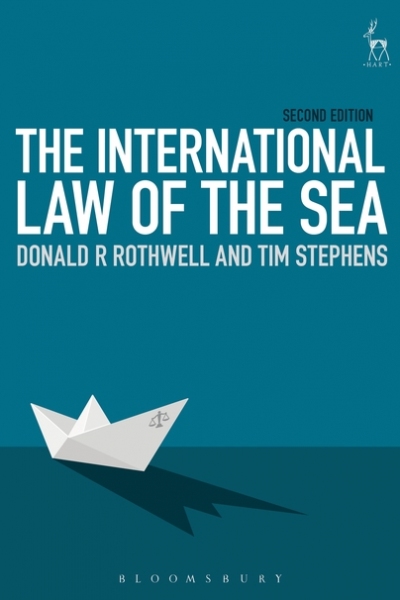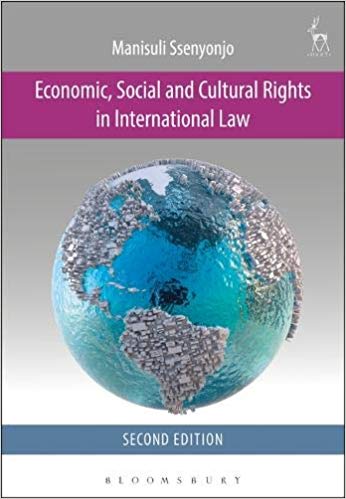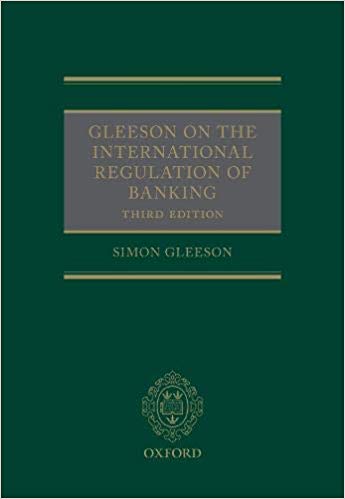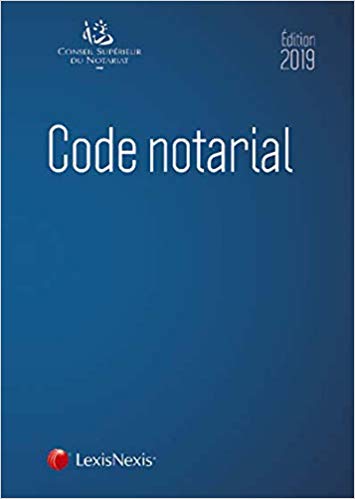Description
This volume includes chapters from an exciting group of scholars at the cutting edge of their fields to present a multi-disciplinary look at how international law shapes behavior. Contributors present overviews of the progress established fields have made in analyzing questions of interest, as well as speculations on the questions or insights that emerging methods might raise. In some chapters, there is a focus on how a particular method might raise or help answer questions, while others focus on a particular international law topic by drawing from a variety of fields through a multi-method approach to highlight how these fields may come together in a single project. Still others use behavioral insights as a form of critique to highlight the blind spots and related mistakes in more traditional analyses of the law. Throughout this volume, authors present creative, insightful, challenges to traditional international law scholarship.
- Provides inter-disciplinary and multi-disciplinary studies of international legal problems to show how these approaches to international law can work together to enrich international legal practice and scholarship
- Brings a range of disciplinary backgrounds, including economics, behavioral economics, international relations, psychology, anthropology, and neuroscience, to bear on in international legal scholarship
- Introduces studies of a diverse set of international legal areas and practices, including how neuroscience can shed light on decision making in international criminal law, the use of deadlines in negotiations, and how international institutions structure the role information plays in international relations
Table of Contents
1. International Law as Behavior: An Agenda Harlan Grant Cohen and Timothy Meyer
2. Deadlines as Behavior in Diplomacy and International Law Jean Galbraith
3. Cooperating Without Sanctions
Timothy Meyer
4. Egocentric Bias in Perceptions of Customary International Law Ryan M. Scoville
5. Explaining the Practical Purchase of Soft Law: Competing and Complementary Behavior Hypotheses Tomer Broude and Yahli Shereshevsky
6. Toward an Anthropology of International Law Galit A. Sarfaty
7. Transnational Collaborations in Transitional Justice Elena Baylis
8. Advancing Neuroscience in International Law Anna Spain Bradley
9. The Missing Persons of International Law Scholarship: A Roadmap for Future Research Tamar Megiddo
10. The Wrong Way to Weigh Rights Andrew Keane Woods.






